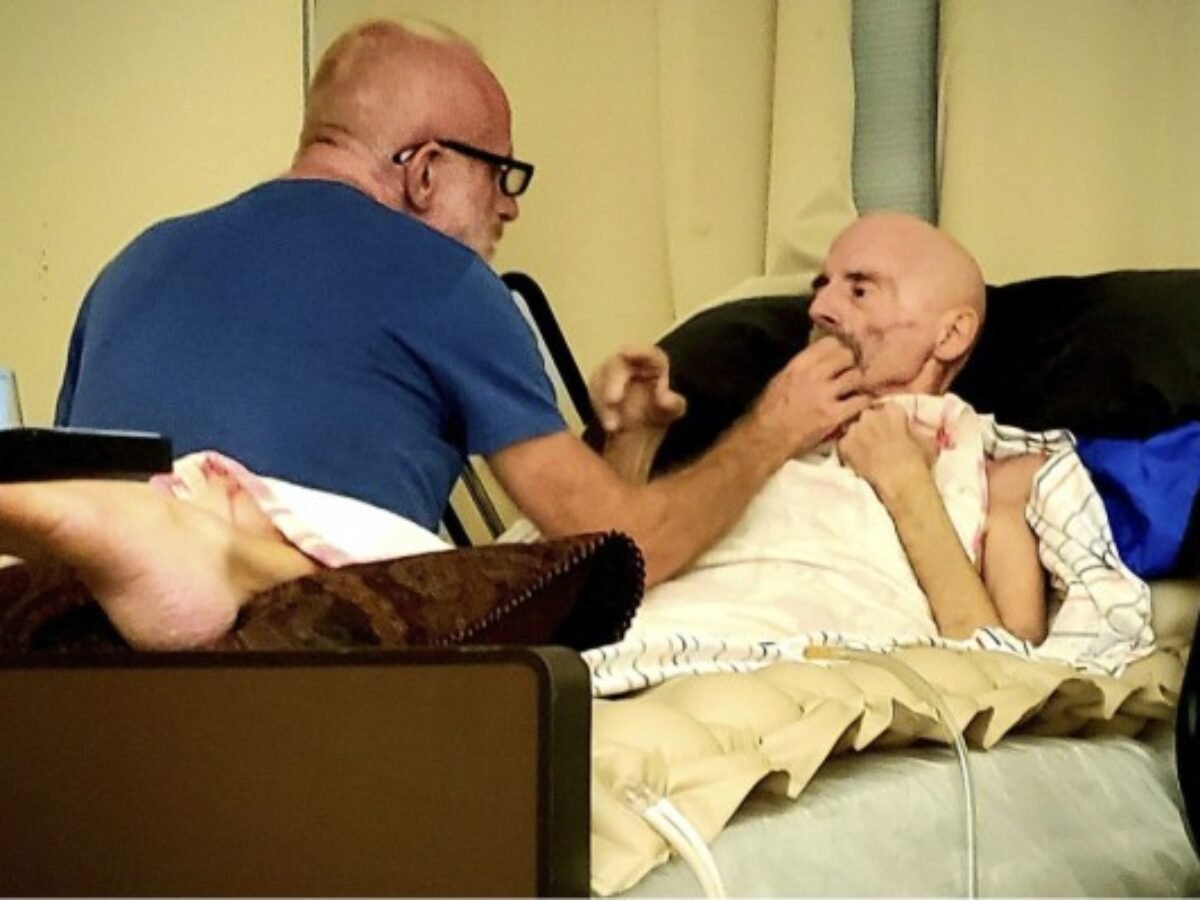
California, United States | URN | Global HIV activists are mourning the passing of a man, Timothy Ray Brown, who made history as the first person to be cured of HIV infection. Brown died after a battle with cancer at 54 years of age, the International Aids Society (IAS) announced Wednesday, September 30, 2020.
Timothy Ray Brown, known globally as the ‘Berlin Patient’ was cured of HIV in 2008 after undergoing a complex stem cell transplant for acute leukaemia.
Brown, living with HIV and with acute myeloid leukaemia received a bone marrow transplant in Berlin, Germany, in 2007. The donor was naturally resistant to HIV infection because of a mutation in the CCR5 gene, a critical protein required by HIV to enter and infect cells.
The transplants for years seemed to have eliminated both his leukaemia and HIV, the virus that causes AIDS. He stopped Antiretroviral Therapy (ART) very soon after the transplant and he remained free of any detectable virus. But for the past six months, Brown had been living with a recurrence of leukaemia that had entered his spine and brain. He had remained HIV free.
His experience suggested that HIV might one day be curable, and this fueled a range of efforts by researchers and institutions focusing on HIV cure research. One such effort is the International Aids Society (IAS) Towards an HIV Cure initiative, established in 2011 to promote and facilitate the search for a safe and affordable cure that can be scaled up.
Brown had become a symbol of hope for the tens of millions of people living with HIV, the virus that causes AIDS. Sharon Lewin, president-elect of the IAS and praised Brown as a “champion and advocate” of a cure for HIV.
“Timothy was a champion and advocate for keeping an HIV cure on the political and scientific agenda. It is the hope of the scientific community that one day we can honour his legacy with a safe, cost-effective and widely accessible strategy to achieve HIV remission and cure using gene editing or techniques that boost immune control,” the IAS said in a statement.

Adeeba Kamarulzaman, the President of the International Aids Society (IAS) said, “We owe Timothy and his doctor, Gero Hütter, a great deal of gratitude for opening the door for scientists to explore the concept that a cure for HIV is possible. Adeeba added that Researchers have been testing gene therapy and other ways to try to get a similar effect.
At an AIDS conference in July, researchers said they may have achieved a long-term remission in a Brazil man by using a powerful combination of drugs meant to flush dormant HIV from his body.
Adam Castillejo, who had also been living with HIV, reportedly remained in HIV remission off ART, 19 months after receiving a bone marrow transplant for Hodgkin’s lymphoma from a CCR5-negative donor. Now known as the “London Patient,” he remains in remission and is widely considered to be the second man cured of HIV.
Read Also: Ugandan man who contracted HIV after using Life Guard condoms sues gov’t
“Although the cases of Timothy and Adam are not a viable large-scale strategy for a cure, they do represent a critical moment in the search for an HIV cure,” Sharon Lewin said.
In late August, it was reported that Loreen Willenberg, a woman who had been living with HIV since 1992, had no traces of intact HIV despite not using ART. She may be the first person cured of HIV without undergoing a risky bone marrow transplant. Researchers believe that she may be an “extreme elite controller,” where only fragments of HIV remain and these fragments are unable to replicate.



